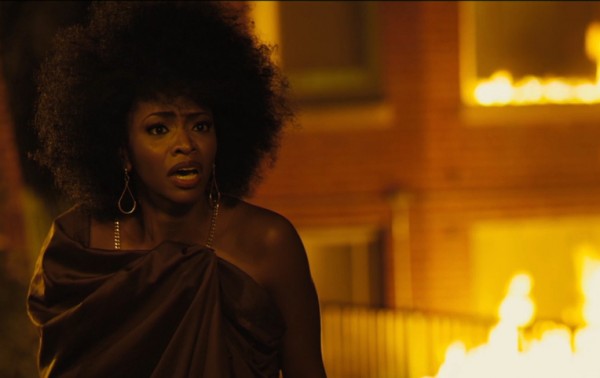A Portrait of the Artist as a Young Bathroom Attendant: A Highly Subjective Review of From the Head [2012]
 There is a peculiar claustrophobic glory to working in a strip club. The walls hug. The beat of the music holds you in its grasp that is by turns steely and auto-tuned, fuzzy with distortion, jangly with teenage optimism, and tired with oversaturation. The air breathes recycled. The lights flash with epileptic precision. The girls rotate on stage, so many painted ponies. The voice of the DJ booms intermittent like a hawking God, reminding you to tip your bartenders and waitresses. It’s a closed loop, and yet the strip club’s very Möbius nature gives the whole experience a kind of comfort. It may be claustrophobic, but it may also be the only kind of closeness some strip club denizens get.
There is a peculiar claustrophobic glory to working in a strip club. The walls hug. The beat of the music holds you in its grasp that is by turns steely and auto-tuned, fuzzy with distortion, jangly with teenage optimism, and tired with oversaturation. The air breathes recycled. The lights flash with epileptic precision. The girls rotate on stage, so many painted ponies. The voice of the DJ booms intermittent like a hawking God, reminding you to tip your bartenders and waitresses. It’s a closed loop, and yet the strip club’s very Möbius nature gives the whole experience a kind of comfort. It may be claustrophobic, but it may also be the only kind of closeness some strip club denizens get.
There are many things about a strip club that George Griffith’s film From the Head portrays accurately, but perhaps the most compelling is the claustrophobia. And yet, one person’s claustrophobia is another’s intimacy, and everything about this film treads the metonymic line between the two states. As the film’s punning title suggests, Griffith set his film in a bathroom. Griffith, who wrote, directed and starred in the film, plays Shoes, a bathroom attendant in an unnamed strip club. He stands sentinel at the washbasin, part conman, part sage, part poet and part priest, and listens as the strip club’s patrons spew their innards, drop their fierce deuces and generally share their secrets. And it’s also one of the few evocations of strip clubs that centers not on the women dancing but on the men watching (Susannah Breslin’s blog of letters from men who go to strip clubs is the other).



